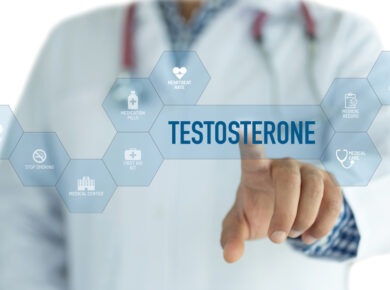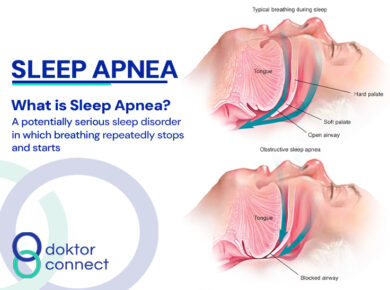Worldwide, cervical cancer is the third most common cancer in women and the second most common cause of cancer death in Nigerian women.
The incidence of invasive cervical cancer has reduced greatly in developed countries due to the adoption of mass screening, however, the contrary is the case in Nigeria.
What is Cervical Cancer and what causes it?

The cervix is a part of the female productive system. It is the opening between the uterus (womb) and the vagina.
Cervical cancer means abnormal growth in the cervix.
Human Papillomavirus (HPV) infection is usually present for cervical cancer to occur. More than 90% of all cervical cancers worldwide are caused by eight HPV types: 16, 18, 31, 33, 35, 45, 52, and 58.
HPV infection occurs in a high percentage of sexually active individuals, either through skin-to-skin contact of the genital area, vaginal, anal, or oral sex, sharing of sex toys, etc. However, 90% of these HPV infections clear on their own within months to a few years and some persist to become pre-cancer and then cancer.
Other factors that increase the likelihood of developing cervical cancer include:
- Reduced immunity either from poor nutrition, HIV infection, etc.
- Lifestyle practices like Smoking, Alcohol
- Early age of first intercourse
- Multiple sexual partners
- History of first degree relative with cervical cancer
Common Symptoms of Cervical Cancer
- Can have no symptoms and get picked up due to an abnormal screening test
- Abnormal vaginal bleeding
- Abnormal vaginal discharge
- Pain during sex
In advanced cases;
- Constipation
- Leg swelling
- Bloody urine etc.
It is important to speak to a doctor to get assessed fully if any unusual symptom occur as the above symptoms can be caused by different medical conditions
Six Simple Ways To Reduce Your Risk
WHO recommends routinely administering the HPV vaccine to girls 9–13 years of age because, in most countries, they have not yet started sexual activity. A 2-dose schedule with a 6-month interval between doses is recommended for females younger than 15 years.
Females aged 15 years and older should also receive the vaccine and need three doses (at 0, 1–2, and 6 months schedule) to be fully protected.
HPV vaccination also reduces the likelihood of developing genital warts, oral cancer, etc, although it doesn’t treat existing HPV infection
- Go for a Cervical Cancer Screening
This screening checks the health of one’s cervix. This can be via a pap smear, an HPV test etc. An HPV test checks for the presence of high-risk HPV types while a pap smear checks for any changes in the cells of the cervix and these changes can be treated before they become cancer.
Age of screening is usually country-dependent. It is recommended to get screened every 3-5 years for women aged 25-65 years who have had sexual exposure. The frequency of screening also depends on one’s result.
- Have protected sexual intercourse i.e. using condoms
- Stay away from multiple sexual partners
- Quit smoking as it weakens one’s immune system
- Eat a balanced diet to support your immune system
In Summary,
Ensure you or your loved ones get the HPV vaccination and attend a cervical cancer screening regularly as this will reduce one’s risk of developing cervical cancer, detect pre-cancer and appropriate treatment can then be instituted.
For stage 0 (pre-cancer), measures such as cryosurgery (using of low temperature), laser ablation, and loop excision can be used for treatment. A single or combination approach of surgery, radiation, or chemotherapy can be used for other stages.
So, what are you waiting for? Go for your vaccination and screening today!!




